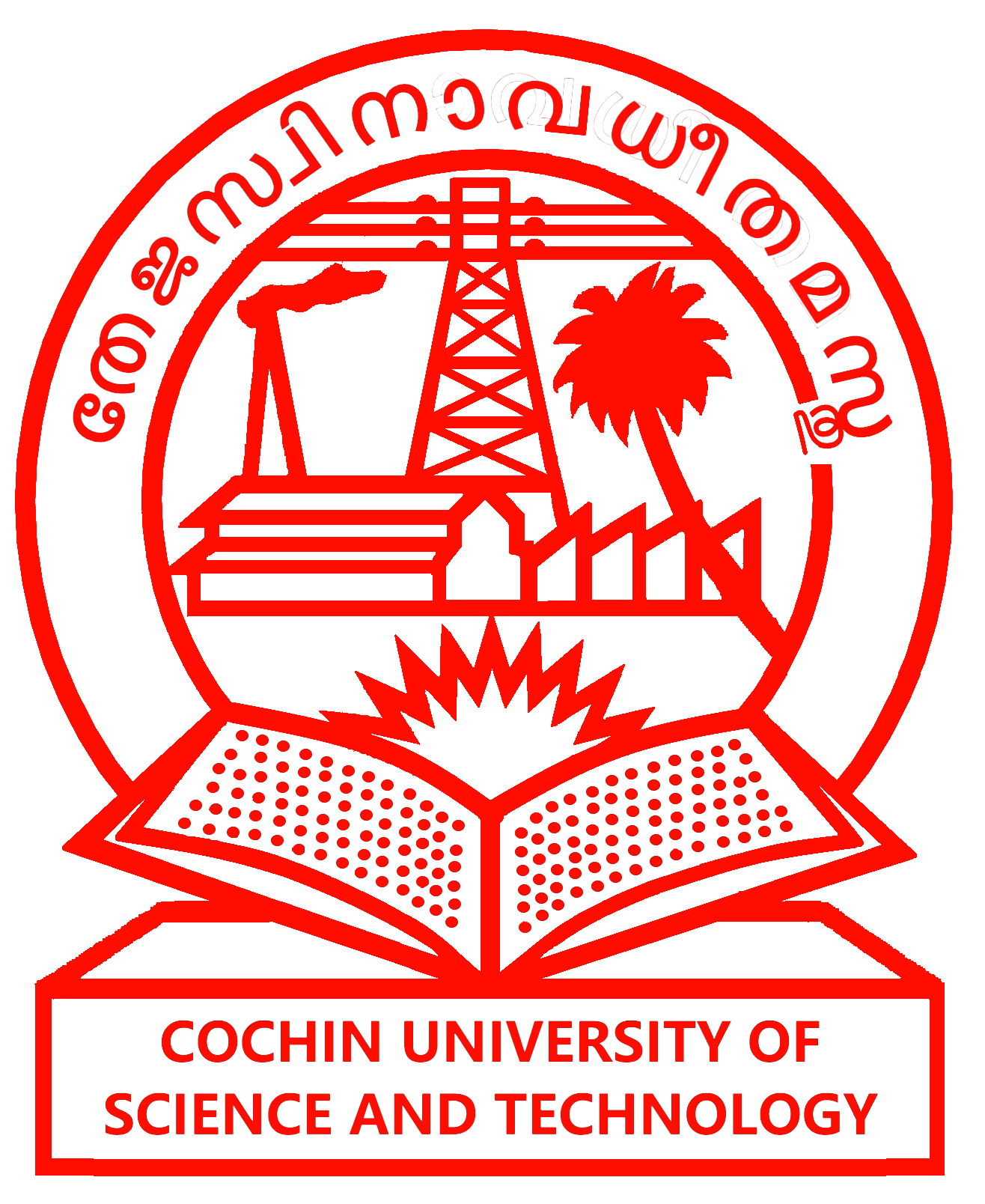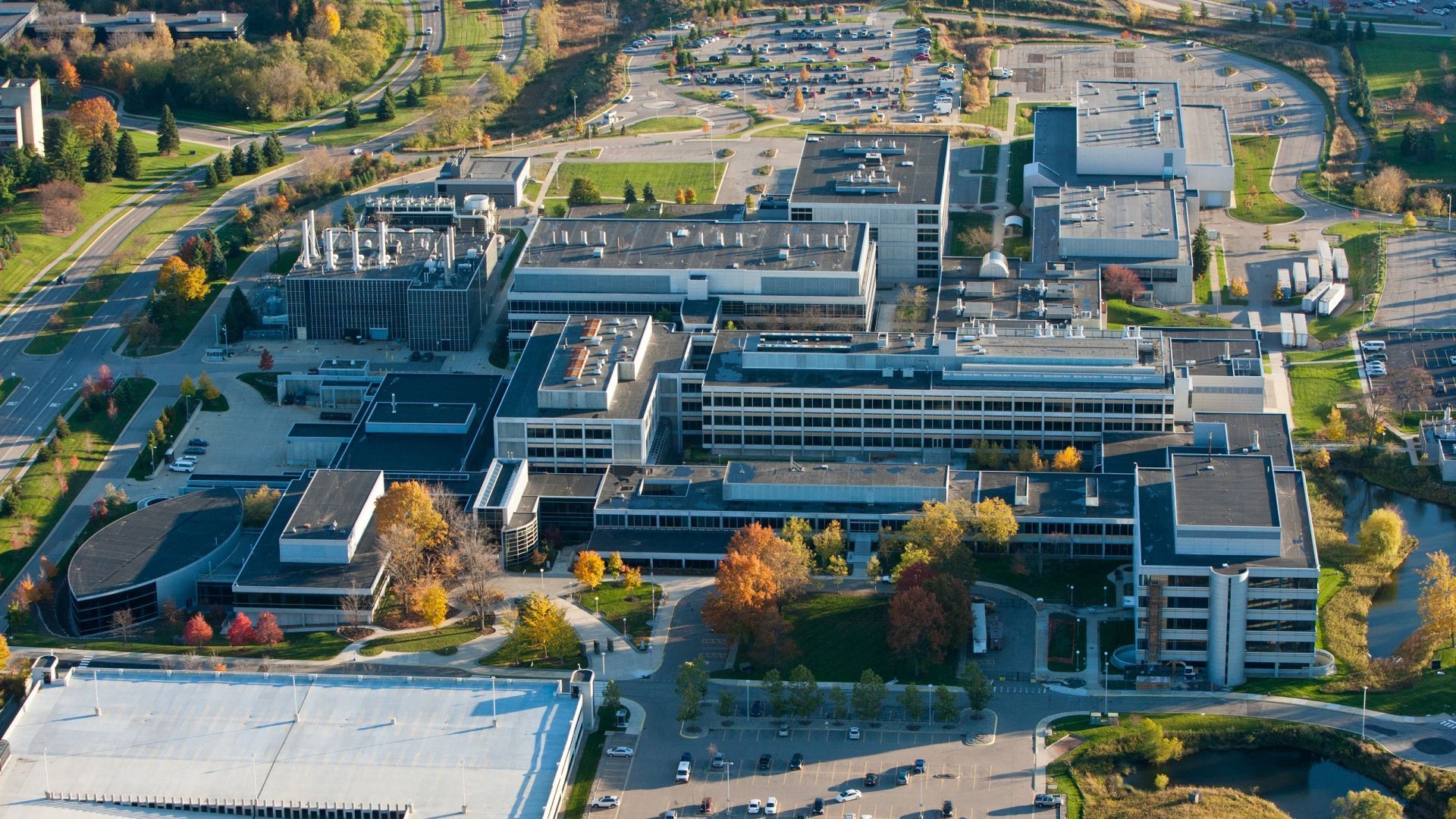
Cochin University of Science and Technology

P.G. Sankaran (Vice Chancellor)
Summary
CUSAT, previously known as the University of Cochin, transformed into Cochin University of Science and Technology in 1986 with a focus on promoting advanced studies and research in applied sciences, technology, industry, commerce, management, and social sciences. Over the years, CUSAT has established itself as a leading institution, consistently appearing in global rankings like Times Higher Education and QS World University Rankings. The university collaborates with prestigious international institutions, hosting numerous academic events such as seminars and workshops. CUSAT's research efforts receive significant funding from central government agencies such as UGC, DST, and DBT, as well as through international partnerships, ensuring its leadership in education and innovation in India.
CUSAT's reputation is built on Kerala's tradition of academic excellence and inclusivity, attracting students globally to its diverse programs. The university has a strong track record of placing graduates in prominent roles in research and industry worldwide. Its alumni network, comprising successful professionals in R&D and industry, reflects CUSAT's enduring impact on higher education and societal development. With ongoing support from the Government of Kerala and international collaborations, CUSAT continues to expand its academic offerings and infrastructure, poised for further growth and success in the future.
History
Cochin University of Science and Technology (CUSAT) began as the University of Cochin in 1971 under an Act of the Kerala Government. It was renamed CUSAT in 1986, with a focus on advancing studies and research in applied sciences, technology, industry, commerce, management, and social sciences. Over time, CUSAT has gained global recognition, consistently ranking in prestigious lists like the Times Higher Education World University Rankings and QS World University Rankings.
CUSAT operates as a federal university, accredited with an 'A+' grade by NAAC. It has expanded its academic pursuits through collaborations with universities worldwide, hosting numerous national and international academic events each year. Notably, the Advanced Centre for Atmospheric Radar Research (ACARR) is recognised under India's "Make in India Program." All academic programmes at CUSAT are approved by UGC/AICTE, with research funded by national and international agencies like UGC, DST, and MHRD.
CUSAT's commitment to education is evident in its diverse student body and strong campus recruitment record. Alumni hold prominent positions in research institutions and corporations globally, highlighting CUSAT's academic excellence. Currently, CUSAT offers a wide range of undergraduate, postgraduate, doctoral, and pre-doctoral programmes across various disciplines, including marine sciences, law, management, engineering, and environmental studies.
The university's journey began with the establishment of the School of Marine Sciences in 1938, evolving through the decades with significant milestones. In 1962, the School of Legal Studies was founded, followed by the Department of Hindi in 1963. The University of Cochin was formally constituted in 1971, marking a pivotal shift towards scientific education and research in Kerala. Subsequent years saw the establishment of key departments like Polymer Science and Rubber Technology (1971), School of Engineering (1978), and School of Environmental Studies (1983), reflecting CUSAT's commitment to pioneering education in emerging fields.
Following its reconstitution as Cochin University of Science and Technology (CUSAT) in 1986, the university embarked on a path of rapid expansion and development. It continued to diversify its academic offerings and strengthen its research capabilities across various disciplines. In 1990, the Computer Centre was inaugurated, marking a significant milestone in integrating technology into academic programmes. This initiative was supported by the Defence Research and Development Organisation (DRDO) of the Government of India.
During the 1990s, CUSAT further expanded its academic portfolio with the establishment of new departments and centres. The Department of Biotechnology was set up in 1991 to cater to the growing demand for expertise in biotechnological research and applications. The International School of Photonics was founded to focus on photonics research and education, reflecting advancements in laser technology and optical sciences.
In 1999, CUSAT expanded beyond its main campus with the establishment of the Cochin University College of Engineering Kuttanad (CUCEK) in Pulincunnu, marking its first college outside Cochin. This expansion aimed to decentralise academic resources and cater to regional educational needs. Additionally, the Centre for the Study of Social Exclusion and Inclusive Policy (CSSEIP) was established to promote multidisciplinary research on social issues and policies affecting marginalised communities.
The early 2000s saw the establishment of several specialised centres at CUSAT, including the National Centre for Aquatic Animal Health (NCAAH) in 2000, focusing on marine biotechnology and aquaculture research. The Centre for IPR Studies (2003) and its subsequent transformation into an Inter-University Centre in 2009 underscored CUSAT's commitment to intellectual property rights education and research.
In 2011, the Centre of Excellence in Advanced Materials (CAM) was established to coordinate and promote research in material sciences. This initiative aimed to enhance CUSAT's capabilities in developing advanced materials for various industrial and scientific applications.
Today, CUSAT continues to uphold its status as a premier institution of higher learning in India, renowned for its academic excellence and research contributions. It remains committed to fostering global competence among its students through modern education, innovative research, and collaborative partnerships with national and international institutions. The university's journey from its inception to its current stature exemplifies its dedication to advancing knowledge and contributing to societal development through education and research.
Courses
CUSAT offers a diverse array of undergraduate, postgraduate, doctoral, and diploma courses across various disciplines, catering to students with diverse academic interests and career aspirations.
Engineering:
CUSAT's School of Engineering is renowned for its comprehensive programmes that include specialisations in Civil Engineering, Mechanical Engineering, Electrical and Electronics Engineering, Electronics and Communication Engineering, Computer Science and Engineering, Information Technology, Safety and Fire Engineering, and Polymer Technology. Additionally, the Cochin University College of Engineering, Kuttanad, and the Kunjali Marakkar School of Marine Engineering provide specialised training in marine engineering and technology.
Technology:
The university excels in technology-related disciplines through departments such as Computer Applications, Computer Science, Electronics, Instrumentation, Polymer Science and Rubber Technology, and the International School of Photonics, which focuses on advanced research and education in photonics and optics.
Environmental Studies:
CUSAT's commitment to environmental sustainability is evident through the School of Environmental Studies and the National Centre for Aquatic Animal Health, which offers courses in Environmental Science, Environmental Technology, Marine Biology, Atmospheric Sciences, Chemical Oceanography, and Physical Oceanography.
Humanities and Social Sciences:
Departments in Humanities include English and Foreign Languages, Hindi, and Applied Economics. The School of Management Studies offers specialised courses in Management and Business Administration, while the DDU Kaushal Kendras (DDUKK) provide skill-based courses aligned with industry needs.
Marine Sciences:
CUSAT's School of Marine Sciences is a leader in marine research and education, offering courses in Marine Biology, Microbiology, Biochemistry, Marine Geology, Geophysics, and Industrial Fisheries.
Science:
Departments in Science cover Applied Chemistry, Biotechnology, Mathematics, Physics, and Statistics, along with interdisciplinary studies facilitated by the Centre for Integrated Studies.
Law and Social Sciences:
The School of Legal Studies focuses on legal education and research, while the Inter-University Centre for IPR Studies offers specialised courses in Intellectual Property Rights. The university also houses centres dedicated to Social Exclusion and Inclusive Policy, Neuroscience, Science in Society, and Budget Studies.
Other Departments:
Additional departments include Physical Education, Youth Welfare, Public Relations and Publications, and facilities like the Sophisticated Test and Instrumentation Centre (STIC) and the University Library.
Centres:
CUSAT's centres are pivotal in advancing research and innovation across various domains, including Advanced Materials, Atmospheric Radar Research, Information Resource Management, Nanomaterials and Devices, Innovation Technology Transfer and Industrial Collaboration, Polar Science, Ethics and Protocols, and Women's Studies.
In essence, Cochin University of Science and Technology continues to uphold its reputation as a premier institution by offering a wide spectrum of courses that blend academic rigour with practical application, preparing students to excel in their chosen fields globally.
Global MBA rankings
- Ranked 1950 in Best Global Universities.
- Ranked 921-940 in QS Sustainability Ranking 2024.
Job integration rate
According to Siksha, the job integration rate for CUSAT graduates in 2024 stands at 75%. the highest and average packages offered during CUSAT placements in 2024 were INR 25 LPA and INR 7.32 LPA, respectively. The participating recruiters extended over 700 job offers across various courses of the batch 2024. op recruiters in CUSAT's 2024 placements included ISCO, TCS, Accenture, Air India, IBM, MRF, Ernst & Young, Hyundai, Visteon, Alstom, Zifo, SAP, Reliance Industries, IOCL, and Gail.
General information
- Cochin University of Science and Technology| Top Universities
- Cochin University of Science and Technology|Times Higher Education
- CUSAT, Kochi Ranking 2024 In India And World| Collegedunia
- CUSAT: Courses, Fees, Admission 2024, Placements| Shiksha
- Cochin University of Science and Technology| Wikipedia
- Cochin University of Science and Technology| Times Higher Education
- CUSAT: Courses, Fees, Admission 2024, Placement| Collegedunia
- Cochin University of Science and Technology| LinkedIn
- Cochin University of Science & Technology|Shodhganga
- Cochin University of Science & Technology| India Today
- CUSAT, Cochin University of Science and Technology| Kerala Tourism
- Cochin University of Science and Technology (CUSAT), India| Nature
Explore the latest data on Business, Industry Leaders and Influencers, Organizations, Education, and Investors to stay informed and ahead.

P.G. Sankaran (Vice Chancellor)
